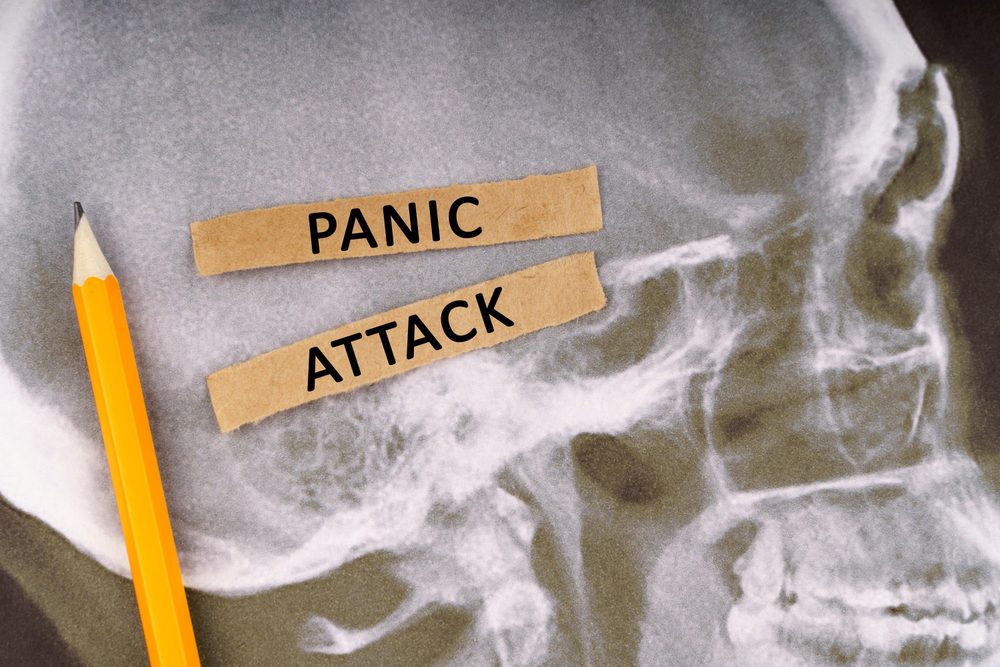
10 Symptoms Of A Panic Attack You Shouldn’t Ignore
After you’ve dealt with this disorder for some time, you will be able to recognize the panic attack coping strategies that are best for you. Here are the most common symptoms of a panic attack that you should NEVER ignore.
- Chest Pains: This is something you shouldn’t take lightly, no matter what the reason. Panic can cause your muscles to restrict in your chest area and give you the sensation that you’re having a heart attack.
- Difficulty Breathing: Not being able to catch your breath is a horrifying feeling, especially if it comes on unexpectedly. Many people hyperventilate during a panic attack because their body’s abundance of hormones causes an uproar.
- Sweating: Sweating is our body’s way of cooling down. And it’s expected when you’re working hard or if you’re in extreme heat. But, when the body is under extreme fear, sweating can happen fast, even when you’re sitting doing nothing.
- Dizziness: Feeling dizzy is always scary because we tend to think the worst. Different people report feeling various things when they have a panic attack. Some say they feel as if they’re on a merry-go-round that won’t stop. Others feel like their equilibrium is off.
- Feeling Faint or Passing Out: Feeling faint goes a step further than dizziness. You may feel as though something is pulling you to the ground. But sadly, this fear is probably only in your mind.
- Heart Palpitations: When this happens, some say they feel like their heart is doing flip-flops, while others feel like it’s off rhythm. It’s important to note the frequencies of these occurrences and how long they last. If you have runs of palpitations in a row, get emergency care ASAP.
- Chills: A panic attack can cause your entire body to shake. That rush of cortisol and adrenaline might cause you to feel all types of sensations. But these trembles will pass as soon as your hormone levels go back to normal.
- Feeling Paralyzed: When you go through something like this, you can get so scared that you’re not able to move. The body experiences fight, flight or freeze attacks that render you frozen. When the symptoms of a panic attack get so intense that you’re catatonic or feeling trapped, it’s a sign that your condition could be morphing into a somatoform disorder, and you should seek help.
- Fear of Losing Control or Dying: One major issue for those with panic attacks is that they become afraid of dying. Your body feels sensations that you don’t understand. So your first thought is that you’re going to lose control, and your life is over.
- Feelings of Detachment: This only happens in those who have a severe issue with anxiety, and it’s a coping tool the body sends out.
Now that you know which signs to look for, let’s explore some panic attack coping strategies you can implement when you’re going through them.













